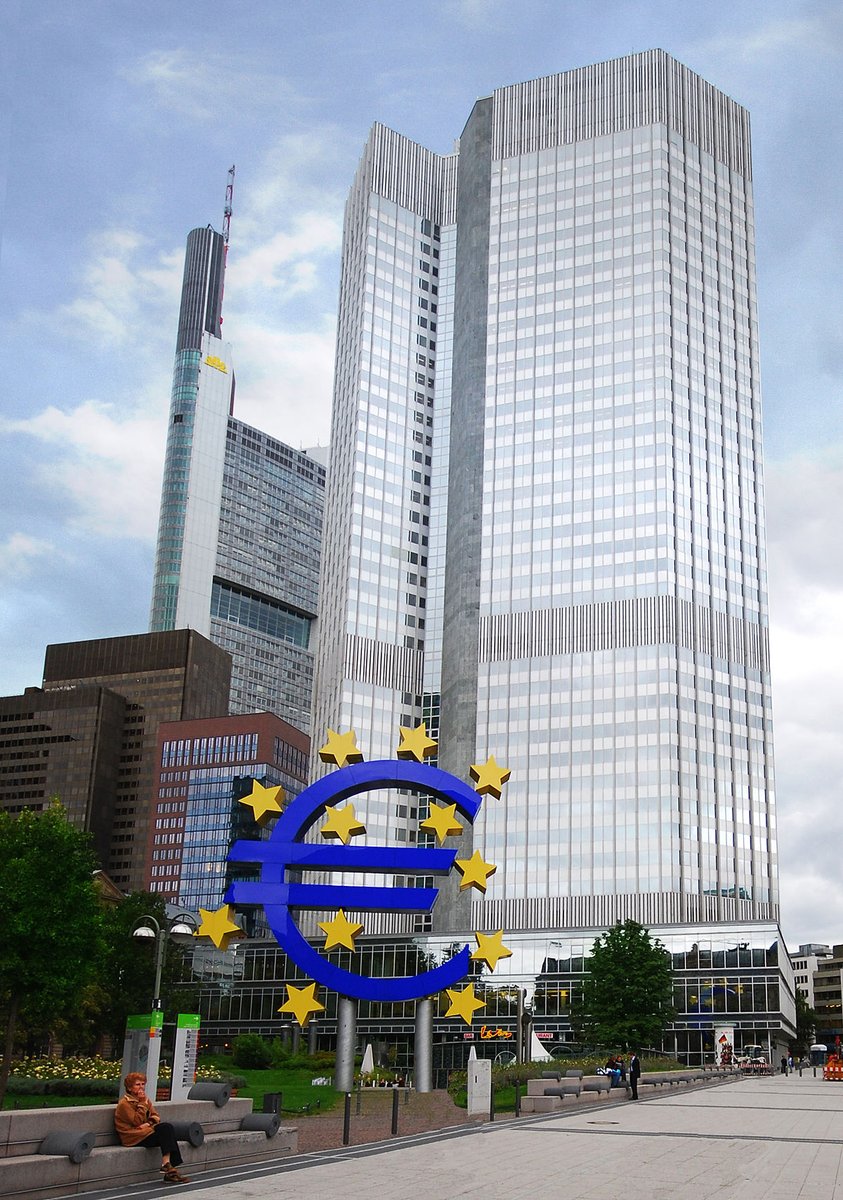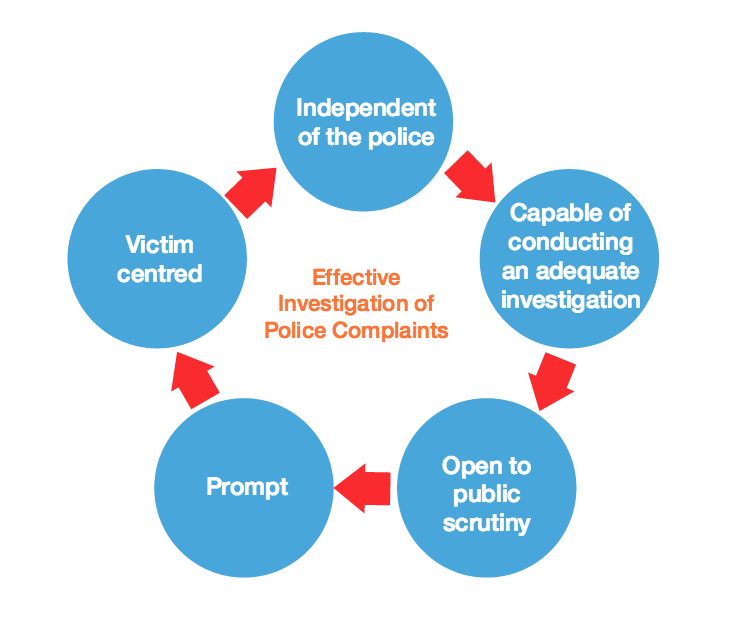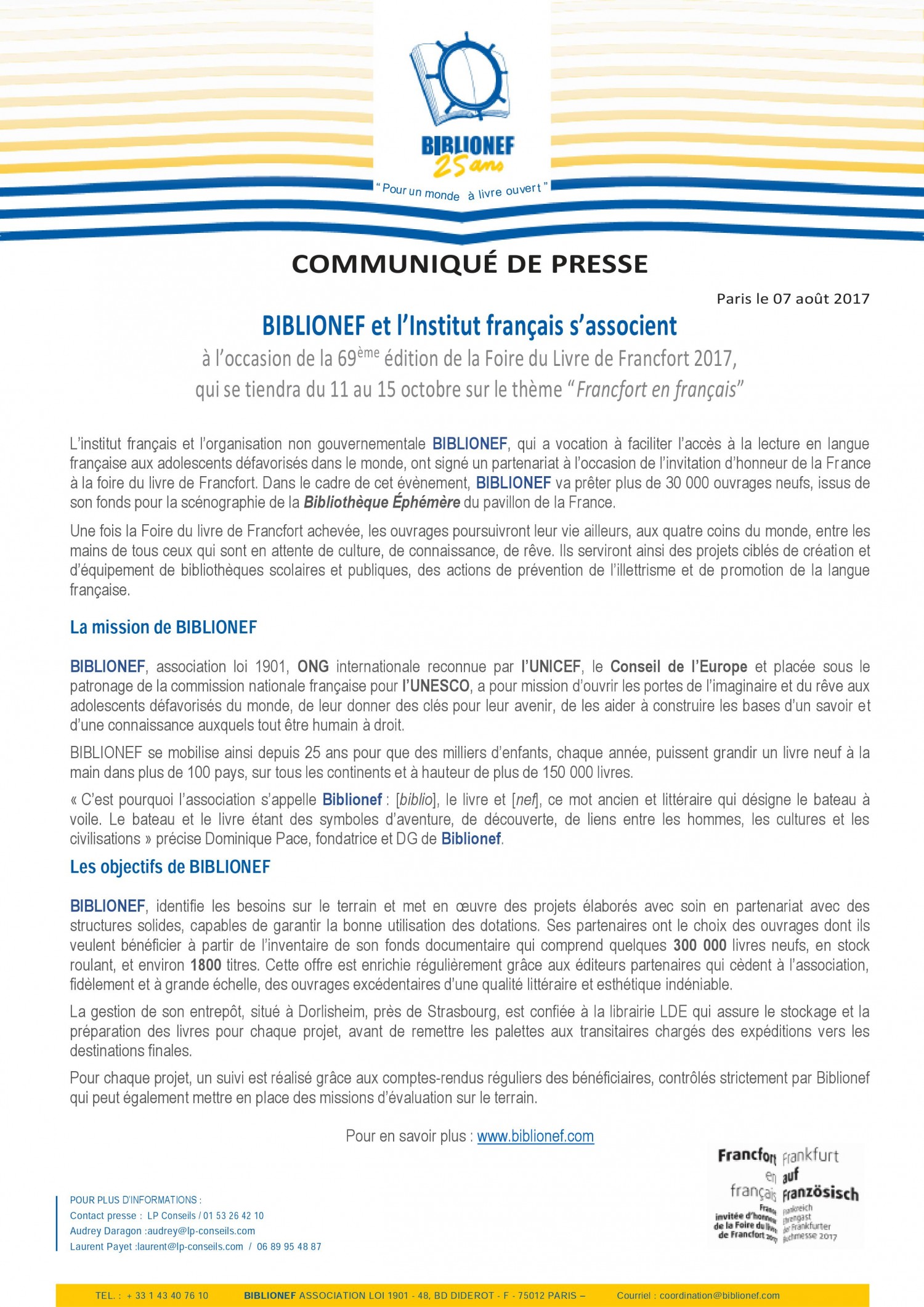Activision Blizzard Acquisition: FTC Challenges Court's Approval

Table of Contents
The FTC's Arguments Against the Activision Blizzard Acquisition
The FTC's opposition to the Activision Blizzard acquisition rests on several key arguments, primarily focused on the potential for anti-competitive practices and harm to consumers.
Concerns Regarding Anti-Competitive Practices
The FTC argues that the acquisition would grant Microsoft an unfair advantage, stifling competition in the already consolidating gaming market. Their concerns are multifaceted:
- Control of Key Franchises: Microsoft's ownership of Activision Blizzard would give them control over hugely popular franchises like Call of Duty, World of Warcraft, and Candy Crush. This could lead to these games becoming exclusive or less readily available on competing platforms like PlayStation, limiting consumer choice. The future of cross-platform play for these titles is also uncertain.
- Cloud Gaming Dominance: The FTC is worried about Microsoft leveraging its control of Activision Blizzard to harm rivals in the rapidly growing cloud gaming market. By making Activision Blizzard's titles exclusive or prioritizing them on its own cloud gaming platform, Microsoft could hinder competitors' ability to attract subscribers. This would create an uneven playing field, ultimately hurting consumers.
- Increased Prices: Reduced competition often leads to higher prices. The FTC argues that the lack of competition following the acquisition could lead to increased prices for games, subscriptions, and in-game purchases for Activision Blizzard titles.
Impact on Game Developers and Consumers
Beyond the big players, the FTC's case highlights potential negative impacts on independent game developers and the broader gaming community.
- Reduced Opportunities for Smaller Developers: A more consolidated market controlled by a few giants could make it even harder for smaller, independent game developers to compete, limiting innovation and diversity in the gaming landscape. The acquisition could stifle competition and reduce the opportunities available for smaller studios to thrive.
- Less Innovation and Diversity: The lack of competition could lead to less innovation in game design, mechanics, and overall gaming experiences. Consumers might face a less diverse range of games, with less experimentation and risk-taking by developers.
- Higher Prices and Limited Choices: The most immediate concern for consumers is the potential for higher prices and fewer choices. Exclusive deals and reduced competition could lead to less value for money for gamers.
The Court's Decision and the FTC's Appeal
The initial court ruling approved the acquisition, but the FTC's subsequent appeal highlights the complexity of the case.
The Initial Ruling
The court's initial decision to approve the Microsoft-Activision Blizzard acquisition was based on arguments presented by both sides. The judge's reasoning, in summary, found that the evidence presented by the FTC did not sufficiently demonstrate that the merger would substantially lessen competition in the video game market.
- Arguments Presented: Microsoft argued that the acquisition would benefit consumers through increased innovation and access to games, while the FTC argued it would be anti-competitive.
- Judge's Rationale: The judge's decision highlighted a lack of compelling evidence to support the FTC's claims of substantial lessening of competition.
The FTC's Response and Next Steps
Unsatisfied with the court's decision, the FTC has appealed, highlighting their ongoing commitment to preventing anti-competitive practices in the tech industry.
- Appeal Process: The FTC's appeal involves presenting further evidence and legal arguments to a higher court, hoping to overturn the initial ruling.
- FTC's Strategy: The FTC's strategy is likely to focus on strengthening their arguments regarding cloud gaming and the potential for Microsoft to leverage its market power to stifle competition.
- Possible Outcomes: The appeal could result in the acquisition being blocked, the initial ruling upheld, or potentially a revised agreement with concessions from Microsoft.
Implications of the Activision Blizzard Acquisition for the Gaming Industry
The Activision Blizzard acquisition has significant implications for the future of the gaming industry, affecting various aspects of the gaming ecosystem.
Future of Game Pricing and Availability
The acquisition has the potential to significantly alter the gaming landscape in terms of pricing and availability.
- Exclusive Titles: The possibility of Call of Duty and other Activision Blizzard titles becoming Xbox exclusives is a major concern, especially for PlayStation players. This could significantly impact the gaming experience for millions of players.
- Pricing Strategies: Microsoft's ownership could lead to changes in pricing strategies for Activision Blizzard games, potentially resulting in higher prices or different subscription models.
- Cross-Platform Gaming: The future of cross-platform gaming for Activision Blizzard titles is uncertain, with the potential for limitations impacting player communities.
The Long-Term Effects on Competition
The long-term implications for competition are far-reaching and could reshape the gaming industry's competitive dynamics.
- Gaming Oligopoly: The acquisition could contribute to the creation of a gaming oligopoly, dominated by a few powerful players like Microsoft, Sony, and Nintendo, potentially reducing competition and innovation.
- Impact on Innovation: Reduced competition could lead to less innovation in game development, with less incentive for companies to push boundaries and develop new technologies.
- Role of Regulatory Bodies: The FTC's actions highlight the crucial role of regulatory bodies in overseeing mergers and acquisitions to prevent anti-competitive practices and protect consumer interests.
Conclusion
The FTC's challenge to the court's approval of the Activision Blizzard acquisition is a pivotal moment for the gaming industry. The outcome will profoundly impact competition, pricing, and the overall gaming experience for millions. This Activision Blizzard acquisition legal battle underscores the complexities of regulating mergers and acquisitions in the dynamic tech and gaming sectors. Staying informed about the developments in this case is crucial for anyone invested in the future of gaming. Keep up-to-date on the latest news surrounding the Activision Blizzard acquisition to fully grasp its implications for the gaming industry.

Featured Posts
-
 Asthlak Alraklyt Ysl Ila Mstwa Qyasy Jdyd Fy Swysra
Apr 30, 2025
Asthlak Alraklyt Ysl Ila Mstwa Qyasy Jdyd Fy Swysra
Apr 30, 2025 -
 Royals Fall To Guardians In Exciting Extra Inning Matchup
Apr 30, 2025
Royals Fall To Guardians In Exciting Extra Inning Matchup
Apr 30, 2025 -
 Concerns Raised Over Police Accountability Review Process
Apr 30, 2025
Concerns Raised Over Police Accountability Review Process
Apr 30, 2025 -
 Communique De Presse Amf Seb Sa 24 Fevrier 2025 2025 E1021792
Apr 30, 2025
Communique De Presse Amf Seb Sa 24 Fevrier 2025 2025 E1021792
Apr 30, 2025 -
 German Coalition Deal Final Agreement Expected Before Noon
Apr 30, 2025
German Coalition Deal Final Agreement Expected Before Noon
Apr 30, 2025
